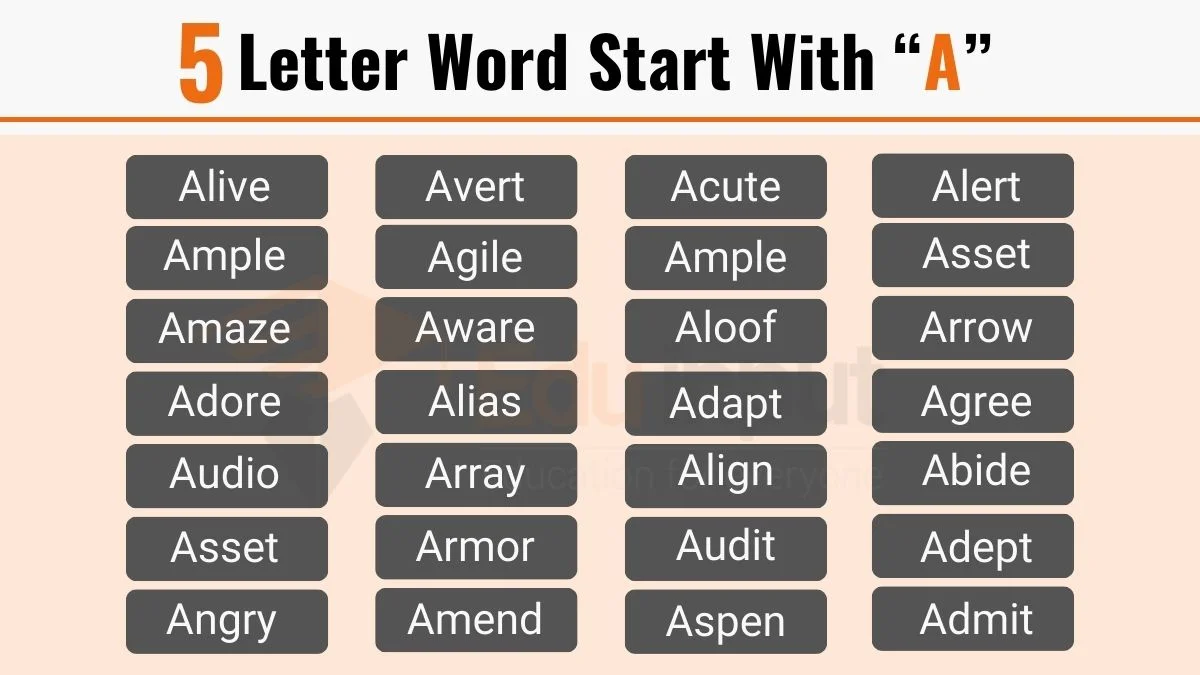Beneficent vs Beneficial-Difference Between and Examples
Some words may appear similar but possess distinct meanings in the English language. One such pair is “beneficent” and “beneficial.” In this article, we will explore the definitions, differences, and contextual usage of these terms to gain a deeper understanding of their significance. By discerning between “beneficent” and “beneficial,” we can accurately convey acts of kindness and the positive effects they have. Let’s dive into the contrasts between “beneficent” and “beneficial.”

Meanings and Examples
Beneficent Meaning
Adjective: The meaning of beneficent is characterized by kindness, generosity, and the intent to do good for others.
Beneficent Examples
a) The philanthropist’s beneficent actions have transformed the lives of countless individuals in need.
b) The community celebrated the beneficent deeds of volunteers who tirelessly worked to improve local schools.
c) The beneficent ruler provided shelter, food, and education for the less fortunate citizens.
d) The organization’s beneficent efforts extended beyond monetary donations, encompassing mentorship and support.
e) The doctor’s beneficent nature was evident in the compassionate care she provided to her patients.
Beneficial Meaning
Adjective: The meaning of beneficial is producing positive results or promoting well-being; advantageous or helpful.
Beneficial Examples
a) Regular exercise is beneficial for maintaining physical fitness and overall health.
b) The new technology brought about beneficial changes in productivity and efficiency.
c) Adequate sleep is beneficial for cognitive function and emotional well-being.
d) The educational program had a beneficial impact on students’ academic performance.
e) Incorporating healthy eating habits is beneficial for long-term wellness.
Differences Between Beneficent and Beneficial
| Criteria | Beneficent | Beneficial |
| Meaning | Characterized by kindness, generosity, and intent to do good for others | Producing positive results or promoting well-being |
| Part of Speech | Adjective | Adjective |
| Pronunciation | bɪˈnɛfɪsənt | bɪˈnɛfɪʃəl |
| Usage | Describing acts of kindness and generosity | Referring to positive effects or advantages |
Usage in a Paragraph
The philanthropist’s beneficent spirit inspired awe and gratitude among those who benefited from their generosity. Their substantial contributions to various charitable causes and organizations have significantly improved the lives of countless individuals. The establishment of educational scholarships, healthcare initiatives, and community development programs showcases their commitment to beneficent actions. The impact of their kindness reverberates throughout society, creating a ripple effect of positive change.
Meanwhile, in a broader context, beneficial practices and actions can have wide-ranging effects. For instance, the implementation of sustainable practices within industries has proven beneficial for the environment, mitigating the impact of human activities on ecosystems. Additionally, embracing a positive mindset and practicing gratitude can be beneficial for one’s mental well-being and overall quality of life. By cultivating beneficial habits, individuals and communities can thrive and experience enhanced levels of happiness and fulfillment.
Distinguishing between “beneficent” and “beneficial” enables us to articulate acts of kindness and the positive effects they generate. While “beneficent” describes compassionate actions aimed at doing good for others, “beneficial” denotes outcomes that promote well-being or produce advantageous results. By recognizing and appreciating both beneficent acts and beneficial effects, we can foster a more compassionate and prosperous world.







Leave a Reply